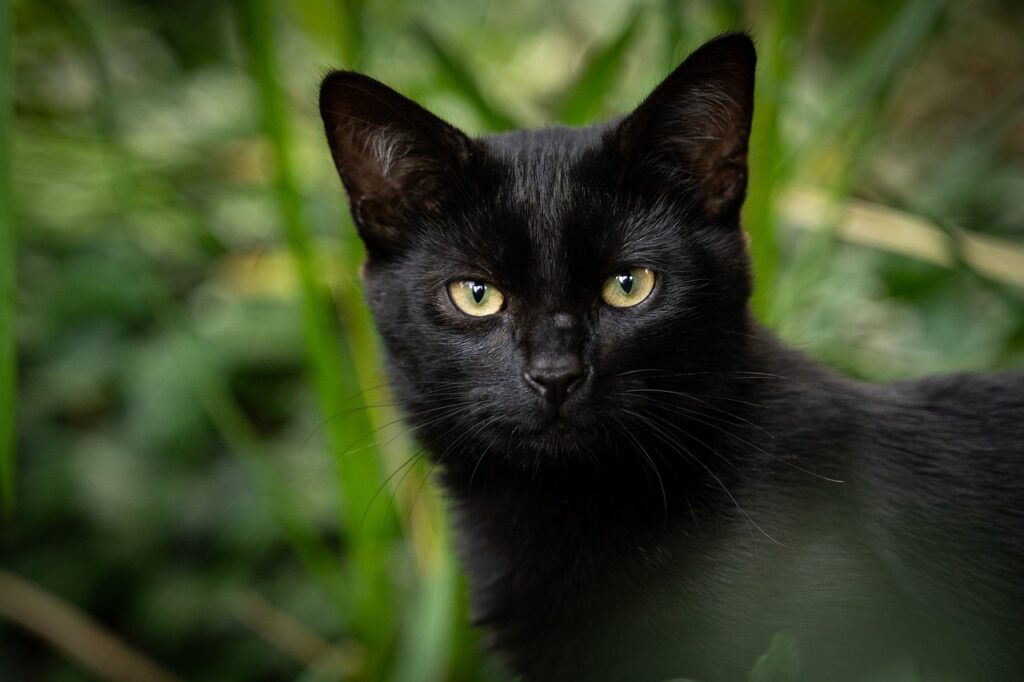Can Cats Eat Lemon? – No, They Can’t
When it comes to our feline friends and lemons, the two should definitely not mix. Lemons contain a series of compounds that can be quite harmful to cats. The citric acid, essential oils, and psoralens found in lemons can lead to digestive upset and potentially more serious health issues for cats.
Is It Safe for Kittens to Consume Lemon?
An emphatic no is the answer when it comes to kittens and lemons. Kittens are even more sensitive than adult cats due to their smaller size and underdeveloped systems, making it especially unsafe for them to ingest lemon.
Risks Associated with Feeding Lemon to Kittens
Feeding lemon to kittens can lead to an increased risk of digestive issues, such as diarrhea and vomiting. The essential oils and psoralens in lemons can also affect their nervous system and cause photosensitivity, which is dangerous for these young creatures.
Why Lemon is Not Recommended for Cats
Upsets the Digestive System
Lemons are known to upset the digestive system of cats. The citric acid can cause stomach upset, potentially leading to vomiting or diarrhea if ingested in significant amounts.
Essential Oils and Psoralens Toxicity
The essential oils and psoralens in lemons are toxic to cats and can be absorbed through their skin or ingested. These substances can cause lethargy, weakness, and even liver failure in severe cases.
Adverse Reactions to Taste and Smell
Cats are repelled by the strong scent and taste of lemons. Their sensory perception is keen, and the overwhelming odor can cause distress and discomfort, which is another reason to avoid offering lemons to them.
Known Health Issues in Cats from Consuming Lemon
Consumption of lemons can lead to health issues such as gastrointestinal distress, central nervous system depression, and even liver failure. Cats may also show signs of weakness, drooling, diarrhea, and tremors if they ingest lemon.
What to Do If a Cat Has Consumed Lemon?
- Contact Your Vet Immediately: If you suspect your cat has ingested lemon, seek professional advice at once.
- Prevent Further Ingestion: Ensure that no additional lemon or lemon-containing products are within your cat’s reach.
- Monitor Your Cat: Watch your cat closely for any signs of illness and report these to your vet.
Safe Alternatives to Lemon for Cats
To keep your cat healthy and happy, consider safer snack options like catnip, or specially formulated cat treats that are designed to be both delicious and nutritionally beneficial for cats.
Conclusion
In conclusion, lemons are a definite no-go for cats. They pose too many risks and offer no nutritional benefit. It’s essential to be aware of what foods are safe for your feline and to always err on the side of caution when it comes to their diet. Keeping cats safe and healthy is a top priority for all pet parents.

